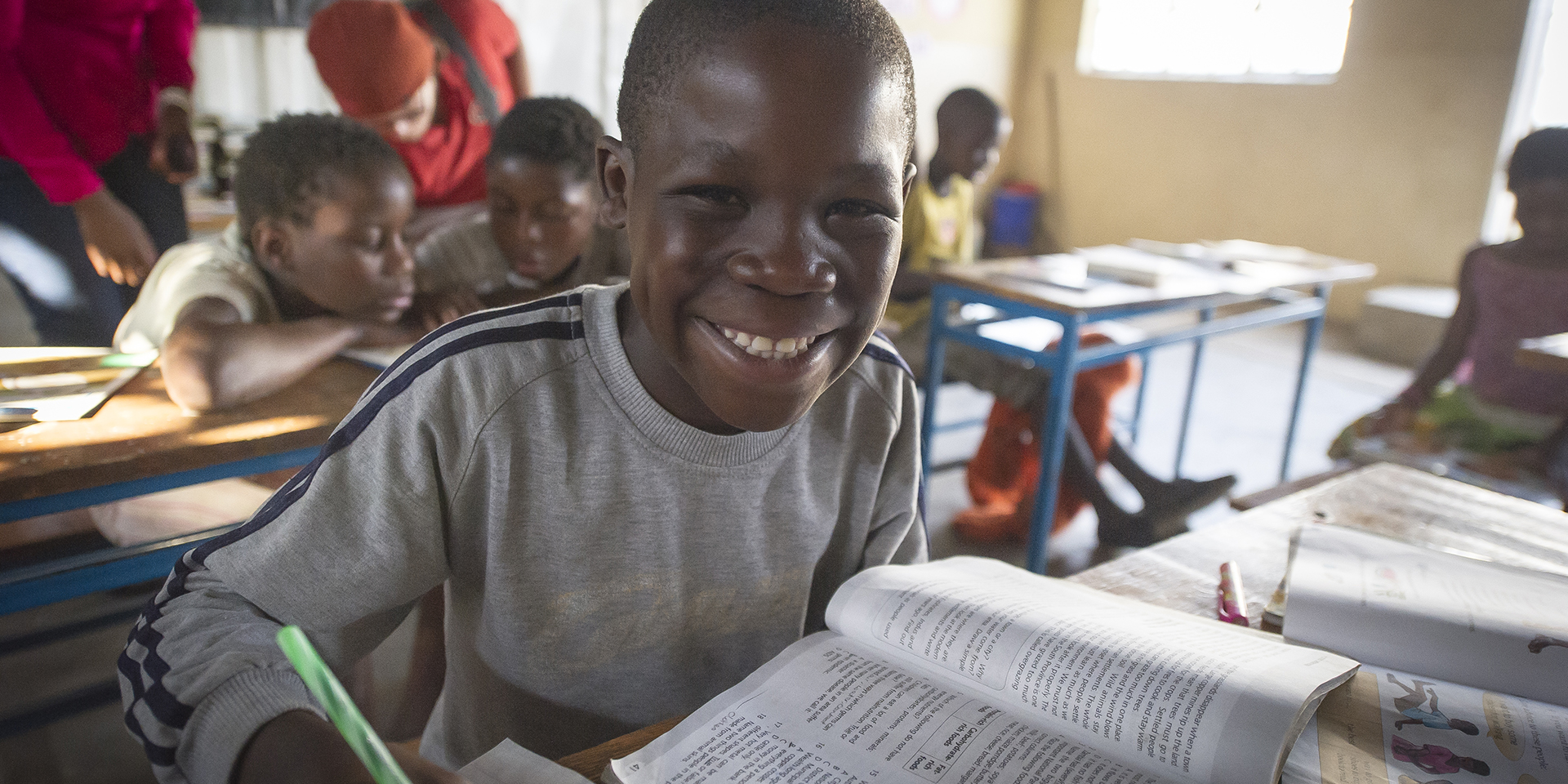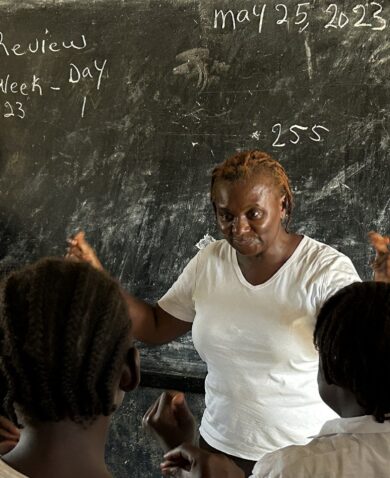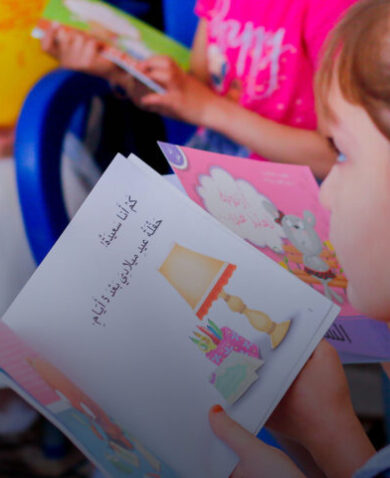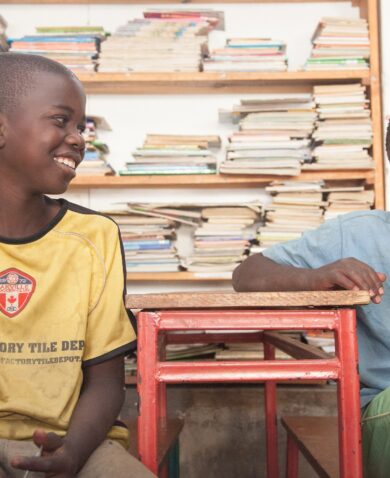Under Ramírez-Mena, STEP Up’s approach to collaboration with other programs puts local decision-makers at the center of the process. Beyond participating in national donor coordination committees that align projects with the goals of the Zambian government, the team organized strategic planning activities with provincial education offices to train local leaders on how to meet their goals by strategically leveraging the resources available to them, including local businesses, churches and other volunteer programs, and bilateral and multilateral donors. Incorporating in-kind support and strategic input from educators in each province, the provincial education offices finalized their strategic plans. The plans include specific goals with literacy baselines and new reader targets, and guide decisions about obtaining and using resources to meet their targets.
“The provinces are using their plans as tools to align their work plans and budgets, but they are also using them as a basis to think of how to strategically engage the private sector and other donors. We’re trying to get them to look at all the resources they have at their disposal and how they can use that to improve learner outcomes,” said Edwin Milambo, the STEP Up education specialist who oversees the project’s provincial advisors.
These efforts have already contributed to formation of fruitful public-private partnerships. Lunsemfwa Hydro Power in Central Province rehabilitated two schools and provided accommodation, as well as teaching and learning materials. The plans have also facilitated better donor collaboration at the district and school levels. For example, they are now used as the basis for district- and school-level “learner performance improvement plans” being developed with donor assistance by zonal and school head teachers.
The ultimate result of these provincial strategic plans has been greater harmonization of aid driven by local priorities, in addition to the national strategies discussed at high-level donor committees. Because local education specialists own the planning process from the beginning while learning to be more strategic, the STEP Up Zambia team thinks it is a sustainable approach to boosting education management that advances the principles of the Paris Declaration on Aid Effectiveness.
Watch a recent Devex video interview where Mr. Ramírez-Mena discusses the role of gender in Zambia’s education sector and how keeping girls in school has long-term social and economic benefits for the country.





























